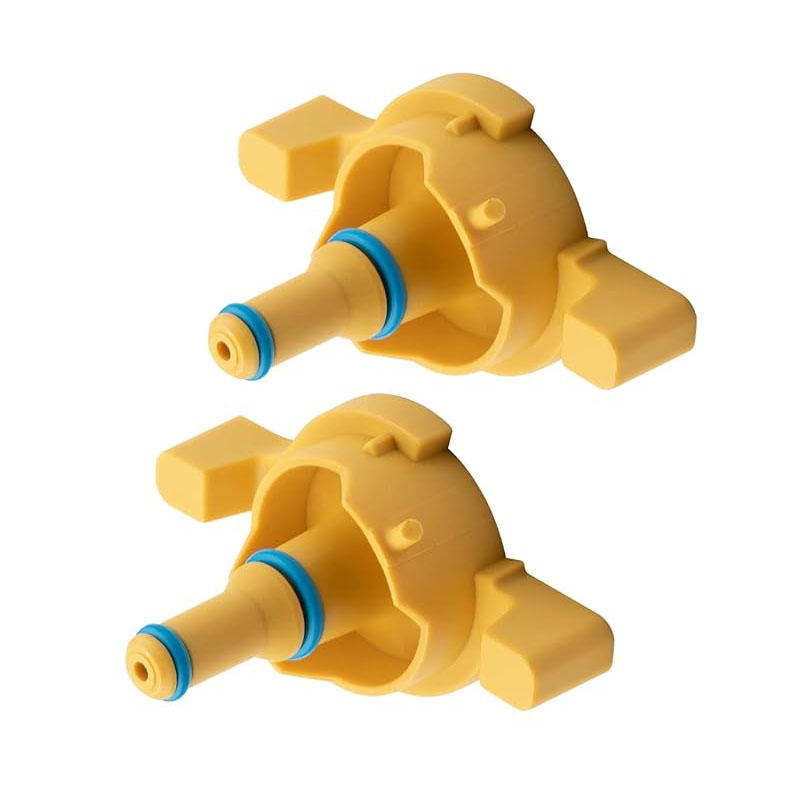trailer wheel bearing seals
Understanding Trailer Wheel Bearing Seals Importance and Maintenance
When it comes to trailer maintenance, one crucial component that often gets overlooked is the wheel bearing seals. These small yet vital parts play a significant role in ensuring the smooth operation of your trailer while protecting the bearings from contamination. In this article, we will explore the importance of trailer wheel bearing seals, how they work, and tips for maintaining them to extend the life of your trailer's wheel system.
What Are Trailer Wheel Bearing Seals?
Trailer wheel bearing seals are designed to keep the wheel bearings lubricated and free from dirt, water, and debris. They act as barriers between the interior components of the wheel assembly and the external environment. Wheel bearings are subjected to considerable stress as they support the weight of the trailer while enabling smooth rotation of the wheels. Therefore, maintaining the integrity of bearing seals is crucial in preventing premature wear and failure of the bearings.
The Importance of Wheel Bearing Seals
1. Prevent Contamination
One of the primary functions of wheel bearing seals is to prevent contaminants such as dirt, mud, and water from entering the bearing assembly. These contaminants can cause wear and tear on the bearings, leading to a decrease in performance and potentially causing complete failure.
2. Retain Lubrication
Bearing seals also play a vital role in retaining the lubricating grease or oil within the wheel bearing. Proper lubrication is essential for reducing friction and heat, which can otherwise accelerate wear and lead to an increase in operating temperatures. Over time, inadequate lubrication can result in bearing failure, which can be costly to repair.
3. Enhance Safety
A malfunctioning wheel bearing can pose significant safety risks while towing a trailer. If the wheel bearing fails, it can lead to loss of control of the trailer, potentially resulting in accidents. Well-maintained wheel bearing seals help ensure the reliability of the trailer's wheel system, enhancing overall safety.
Signs of Worn Wheel Bearing Seals
It is essential to regularly inspect wheel bearing seals for signs of wear or damage. Some indications that your seals may need replacement include
trailer wheel bearing seals

- Grease Leak If you notice grease on the inside of your wheel or on the axle, it may indicate a failure in the seal. - Unusual Noises Grinding, whining, or other unusual noises coming from the wheel area can signal that the bearings are not adequately lubricated or have been exposed to contaminants. - Excessive Heat If you touch the wheel hub after driving and it feels excessively hot, it could be a sign that the bearings are not receiving the proper lubrication or are damaged.
Maintenance Tips for Trailer Wheel Bearing Seals
1. Regular Inspections
Perform regular checks on your trailer's wheel bearings and seals. Look for any signs of leaks or damage and listen for unusual noises during use.
2. Lubrication
Ensure that your wheel bearings are regularly lubricated according to the manufacturer's guidelines. Using the correct type of grease or oil is critical for proper functioning.
3. Replace Worn Seals
If you identify any damaged or worn seals, replace them immediately. This maintenance step can save you from more significant problems down the line.
4. Consider Environmental Factors
If you frequently use your trailer in harsh environments, such as off-road or in wet conditions, consider upgrading to higher-quality seals designed for those conditions. They can provide better protection and durability.
Conclusion
Trailer wheel bearing seals may be small components, but they play a critical role in the performance and safety of your trailer. By understanding their importance and implementing proper maintenance practices, you can ensure that your trailer remains in excellent condition, minimizing the risk of unexpected failures and accidents. Remember, a little attention to your wheel bearing seals can go a long way in preserving the longevity of your trailer and ensuring a safe towing experience.
-
Simplifying Oil Changes: A Comprehensive Guide to Oil Drain Plugs and Their Variants
News Aug.04,2025
-
Mastering Oil Drain Maintenance: Solutions for Stripped, Worn, and Upgraded Oil Plugs
News Aug.04,2025
-
Fixing Oil Pan Plug Issues: Leaks, Stripped Nuts, and the Right Replacement Solutions
News Aug.04,2025
-
Everything You Need to Know About Oil Drain Plugs: Sizes, Fixes, and Upgrades
News Aug.04,2025
-
Choosing the Right Oil Drain Plug: A Guide to Sizes, Materials, and Drain Innovations
News Aug.04,2025
-
A Complete Guide to Automotive Drain Plugs: Types, Problems, and Innovative Solutions
News Aug.04,2025
-
The Ultimate Guide to Car Repair Kits: Tools and Essentials Every Driver Should Own
News Aug.01,2025
Products categories















